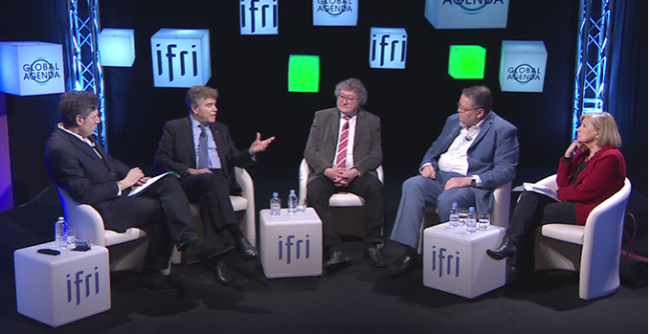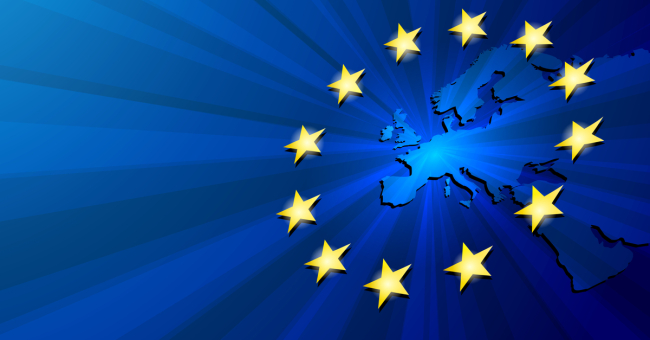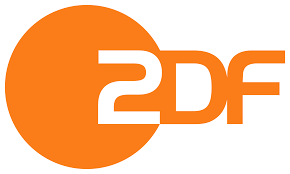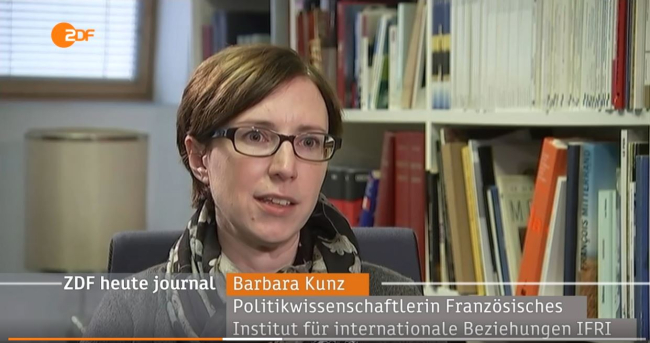Europe
Europe is described here in a geographical sense. It is not limited to the European Union, and includes, for example, the United Kingdom and the Balkans. It remains central to international relations.
Related Subjects

Opening up the G7 to South Korea to Address Contemporary Global Challenges

The G7’s global influence has diminished as powers like China reshape international governance through initiatives such as BRICS and the Shanghai Cooperation Organisation (SCO). With the G7 now representing just 10 per cent of the world’s population and 28 per cent of global GDP, its relevance is increasingly questioned.
Transatlantic relations in the age of "America First" (Sophia Besch)
An interview with Sophia Besch, Research Fellow, Center for European Reform.


Preserving defence partnerships with US and UK is a key interest for France.
Nicolas Sarkozy used to promote himself as a transatlanticist or anglophile French president. Emmanuel Macron seems to have taken this approach a step further. Macron appears to have taken upon France and himself the responsibility of not allowing Britain and more importantly, the United States to drift too far away from Europe. Is he succeeding in this?


Europe de la défense : les différences persistent entre Berlin et Paris


Macron wants a powerful EU
French President Emmanuel Macron is accelerating EU defense cooperation. The biggest obstacle are the French-German cultural differences. Can terrorism, Trump and Putin force closer military cooperation in Europe? Yes, says Barbara Kunz, research fellow at the French Institute for International Relations (Ifri) in Paris and expert on defense cooperation in the EU.
Populism: In the Heat of the Moment
The UK leaving the EU. Donald Trump's victory in the US presidential election. The crushing defeat of Italy's prime minister in a national referendum. 2016 was a year of massive change led by populism. The roots of this trend are widespread, and they involve the ideological divide between the elites of current political systems and ordinary citizens, as well as the widening gaps in social inequality that can be attributed to growing globalization.

Germany: with AfD the extreme right will enter the Bundestag
The Netherlands and France are not the only founding member states of the European Union that see extreme right party’s on the rise. The “Alternative für Deutschland” gathers 10 percent of voting intentions in Germany – especially in the East. Some of its leaders don’t hesitate to use vocabulary banished since 1945.
EU Leaders Meet in Versailles to Hash Out Bloc’s Future
Four top European leaders hold talks Monday on the future of the European Union, at a time when it faces multiple crises that are sparking doubts about its very existence. Hosted by French President Francois Hollande at the iconic Versailles palace outside Paris, the dinner meeting that brings together German, Italian and Spanish leaders comes amid heated discussion about how to move forward the deeply troubled European Union in the face of Brexit, rising nationalism and an EU-skeptic Trump administration in Washington.

AfD and National Front converge ahead of elections
The right-wing spiral of Germany’s anti-EU Alternative für Deutschland party (AfD) has brought it shoulder to shoulder with France’s National Front (NF). The two parties see eye-to-eye on a number of issues, including Russia.
Political scientist Barbara Kunz invited to Heute journal
Primary elections of the French conservative party "Les Républicains": analysis by Barbara Kunz.

Germany: populists weaken Angela Merkel
The party Alternative für Deutschland founded only three years ago against the Euro unites Germans against Berlin's open-door policy. And on the eve of new elections, more and more of those that normally don't vote are joining them.
Support independent French research
Ifri, a foundation recognized as being of public utility, relies largely on private donors – companies and individuals – to guarantee its sustainability and intellectual independence. Through their funding, donors help maintain the Institute's position among the world's leading think tanks. By benefiting from an internationally recognized network and expertise, donors refine their understanding of geopolitical risk and its consequences on global politics and the economy. In 2025, Ifri supports more than 80 French and foreign companies and organizations.












